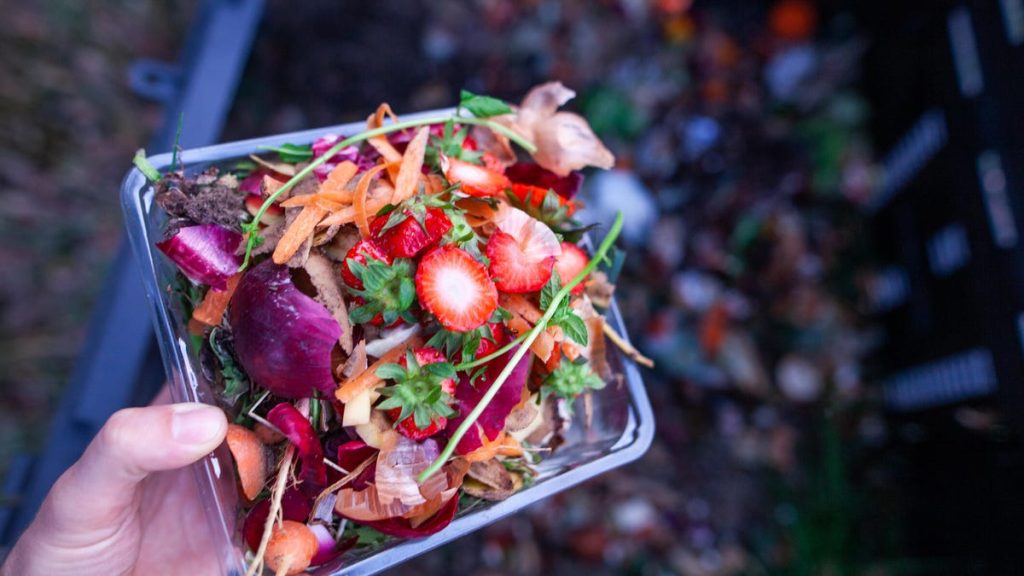Composting is a common practice that can help reduce household food waste and lower carbon output. It has become more mainstream with municipally mandated composting programs in many cities and smart kitchen bins that can turn food scraps into fertilizer quickly. Composting not only benefits the environment but also provides rich fertilizer for flower beds, new trees, or vegetable gardens. The process involves adding certain bacteria activators to organic material to create heat, which speeds up decomposition. Items that can be composted include fruit and vegetable peels, coffee grounds, grass clippings, and more, while items like cooking oil and highly processed foods should be avoided.
There are two main ways of composting: outside and inside. Outside composting involves creating a compost pile in the yard with layers of grass clippings, food scraps, and dry materials like leaves and twigs. This pile needs to be turned regularly to aid decomposition and prevent foul odors and pests. Compost tumblers are a more convenient outdoor solution, as they can be rotated to mix the compost and accelerate decomposition. Indoor composting, on the other hand, utilizes high-tech compost bins that can turn food scraps into fertilizer in a matter of hours. These bins use heat and pressure to break down the scraps quickly, producing compost that can be used in houseplants, gardens, or on lawns.
Once the composting process is complete, the decomposed material can be used to fertilize plants, gardens, lawns, or trees. It can be sprinkled on houseplants, tilled into garden plots, or spread across lawns to promote healthier vegetation. To continue the composting cycle, food scraps and yard waste can be continually added to the pile or compost bin, producing compost that can be used for years to come. Overall, composting is a simple and effective way to reduce waste, enrich soil, and contribute to a more sustainable lifestyle. By following basic composting guidelines and choosing the right composting method for your needs, you can create a valuable resource for your yard and garden while helping the environment.












